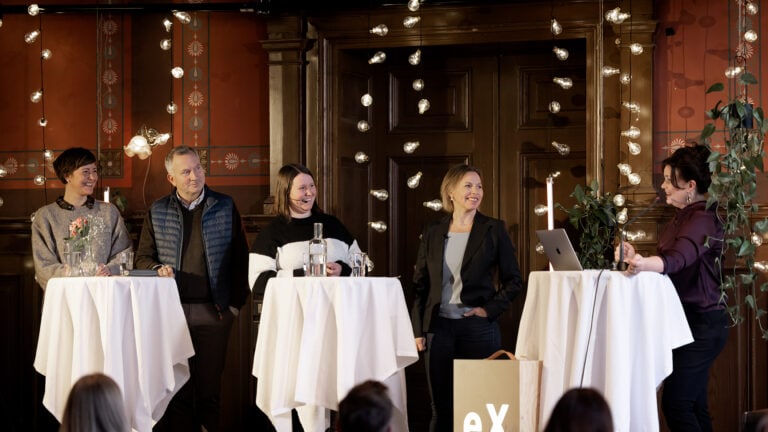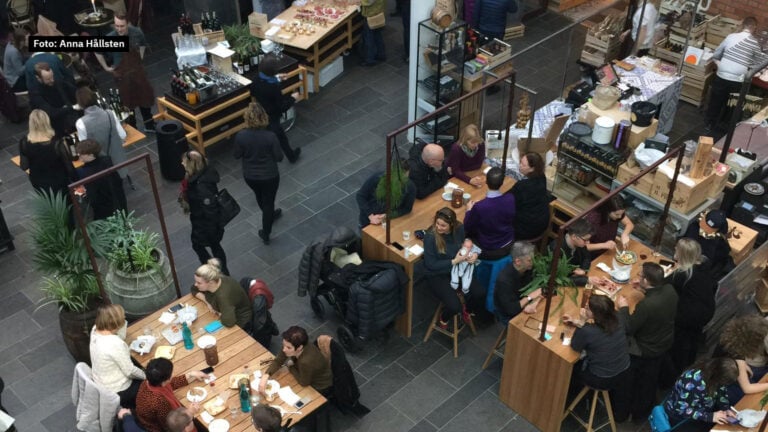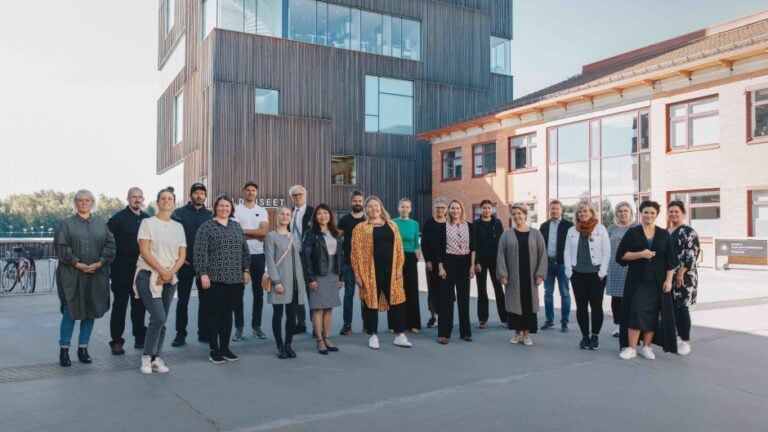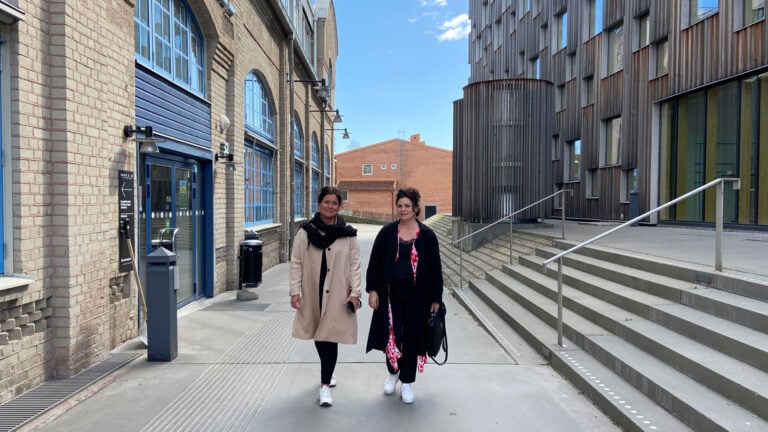A strong belief in the future, innovative transition to new markets and challenging distortions in economic support structures were some of the burning issues discussed by owner-managed businesses in the hospitality and experience sectors. The discussion took place on Friday 7 May as part of the Sustainable Hospitality of the Future project.
Friday's digital conversations attracted a wide range of participants, both in terms of geographical spread and areas of activity. The aim was to create the conditions for sharing experiences and knowledge between companies in the context of the current pandemic. We found that the level of innovation among companies has been remarkably high, that the challenges remain many and, as the participants put it, that there is a great need for this type of event, which provides opportunities to share the successes and setbacks of others. Several participants spoke of hard, striving and lonely work, where there is therefore a great need for opportunities to work together.
Again and again, we hear voices from the industry asking for this kind of digital and moderated conversation where important experiences can be discussed, disseminated and shared. It is clear that there is a great need for exchanges of experience right now," says Annakarin Nyberg and Anna Wikholm Kjellberg, responsible for the project Future Sustainable Hospitality at eXpression Umeå and organisers of Friday's talks.
The discussions showed that many companies have used the time during the pandemic to develop their service and product offerings and to prepare for the post-corona era. For example, by becoming certified in sustainability and gaining new knowledge through ongoing projects in the hospitality industry. However, many have lost turnover, but thanks to various financial support, these strategic development opportunities have nevertheless been prioritised, for example, shifting from an international to a national, regional and local target group and market. Generally speaking, many companies have worked innovatively and created a greater diversity in their activities. Examples include changing and refining business models and new ways of generating revenue through, for example, crowdfunding. Participants also testified to changing customer and consumer behaviour in the form of, for example, bookings now being made at very short notice and cancellations being made later than normal. These changing behaviours place great demands on the planning of operations. Furthermore, the importance of continuing to work to maintain relationships with existing customers as well as reaching out to new and potential customers was also highlighted. This has meant increased activity on social media.
While the potential of financial support was highlighted, there was also strong criticism of the way in which support has been distributed between sectors as well as within the industry.
The financial support has been wrong and unfair! Rules for redundancy payments have not taken into account our industry where many have seasonal workers and businesses that are not run as limited companies. While some have received substantial support, others have not seen a penny. There is a huge imbalance based on ignorance of our industry and this is very serious for the industry," states Annika Rydman, CEO Granö Beckasin.
Finally, the question of the future and how the hospitality industry can meet the new and changing demands and conditions brought about by the pandemic was raised. Participants expressed the importance of continuing to look ahead and to prepare for a "jump start" which, it was expressed, will be required the day the pandemic loosens its grip. Then, it was felt, there will be a great interest for people to meet, explore and experience new places and contexts.
The project Future Sustainable Hospitality Industry is part of the Swedish Agency for Economic and Regional Growth's initiative Knowledge Development in the Corona Pandemic and will be implemented during the period 1 February 2021 to 31 December 2022. The project is based at the business incubator eXpression and is run by Annakarin Nyberg, project manager, and Anna Wikholm Kjellberg, project assistant.






